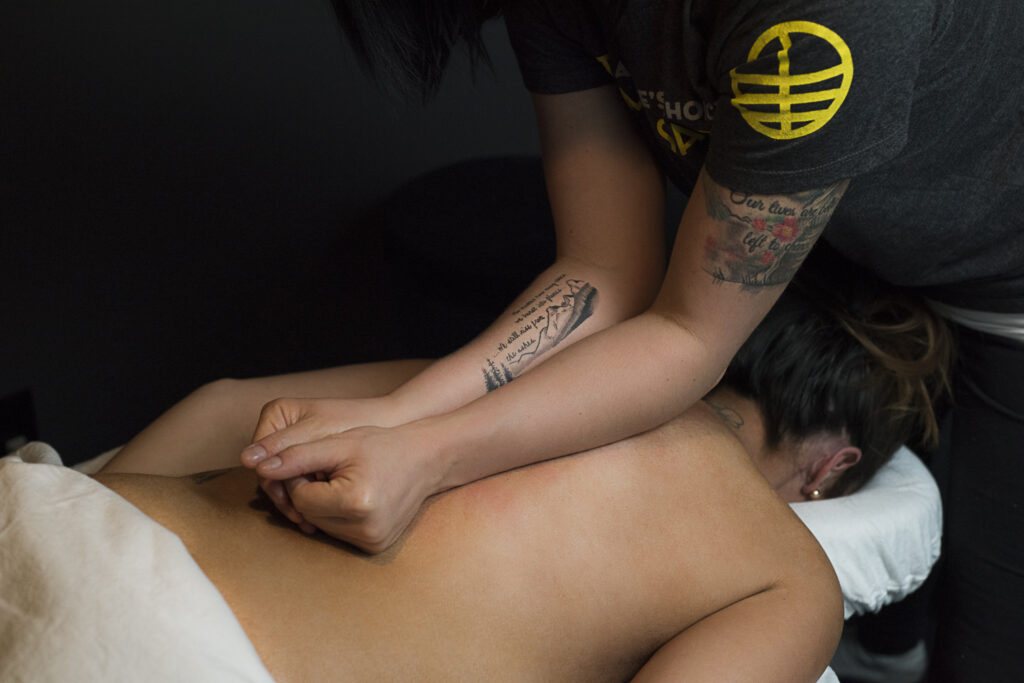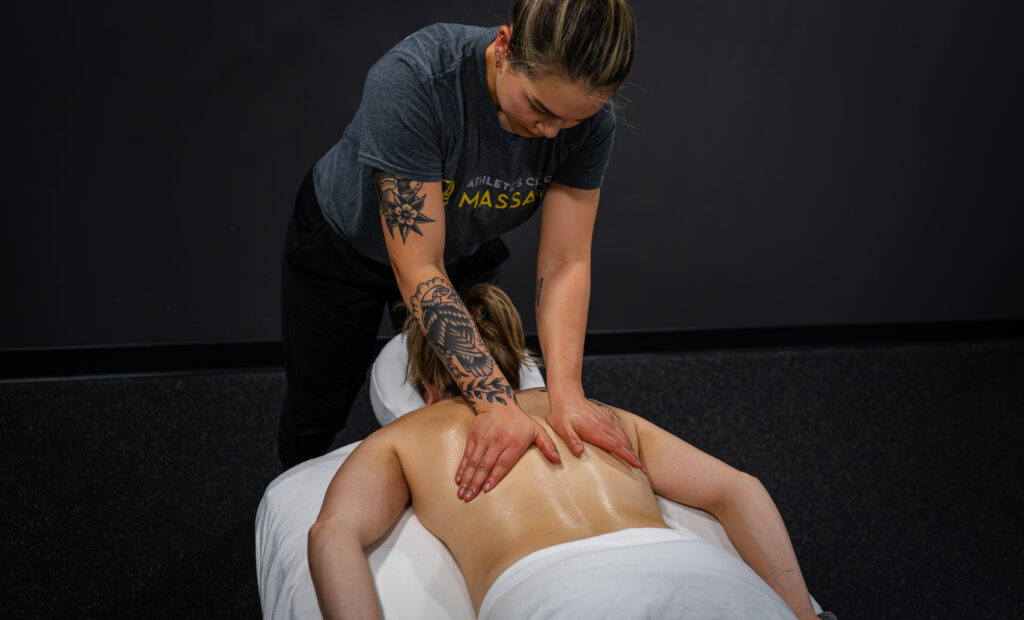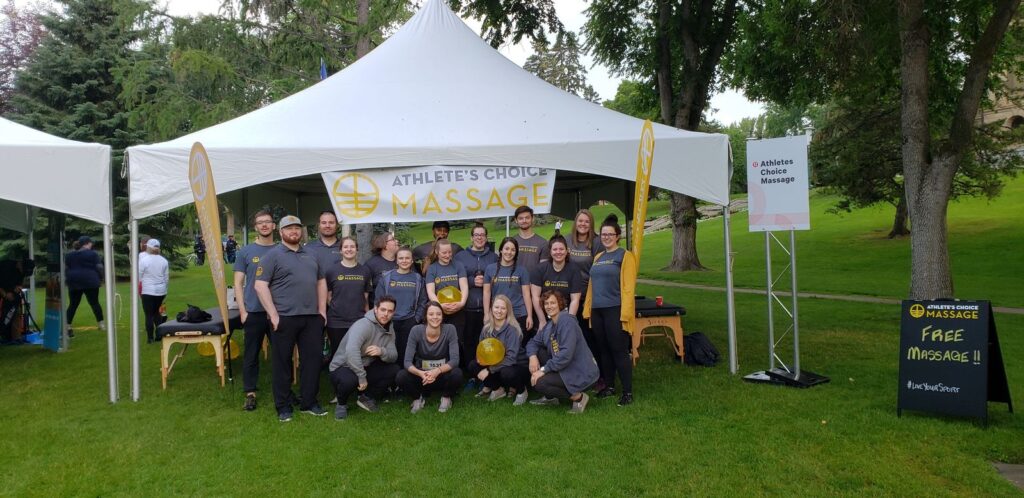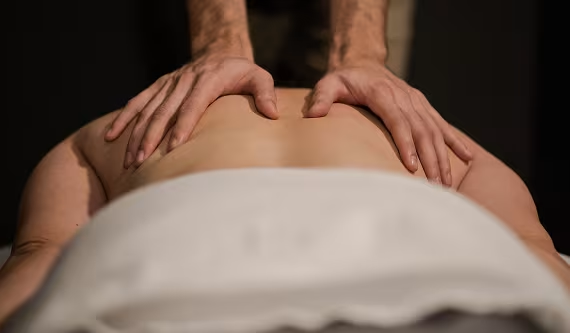As an active individual, you likely push your body to its limits, balancing intense training, demanding schedules, and personal goals. The combination of physical exertion and daily responsibilities can leave your muscles fatigued, your joints stiff, and your energy depleted. Whether you’re preparing for a marathon, engaging in high-intensity sports, or simply maintaining a fitness routine, your body endures significant wear and tear. Over time, this can lead to tightness, reduced mobility, and even an increased risk of injury if recovery is neglected. Incorporating a relaxation massage into your routine can address these issues, offering both immediate relief and long-term benefits for your physical and mental well-being.
Amid this hustle, a relaxation massage becomes far more than a luxury—it’s an essential part of a well-rounded recovery plan. By promoting better circulation, relieving muscle tension, and encouraging mental relaxation, it helps your body recharge and stay resilient. Additionally, the stress-relieving effects of a relaxation massage can enhance your focus, improve your sleep quality, and keep you mentally and physically prepared to take on your next challenge. Prioritizing recovery through massage is a proactive step toward maintaining peak performance and preventing burnout in both body and mind.
What Is Relaxation Massage?
Relaxation massage is a therapeutic approach designed to calm both the body and mind, providing a much-needed reset for anyone dealing with physical or mental stress. This technique uses gentle, flowing strokes to soothe tense muscles, improve blood circulation, and release built-up tension. Unlike more targeted therapies like deep tissue massage or sports massage, relaxation massage emphasizes promoting overall calmness and reducing stress, making it an ideal choice for anyone seeking a holistic recovery experience.

For active individuals, the benefits go beyond relaxation. This technique addresses muscle fatigue by increasing oxygen flow and supporting the removal of toxins like lactic acid that accumulate during intense physical activity. It also enhances mobility by loosening tight muscles and improving flexibility, helping to prevent injuries and maintain peak performance. Whether you’ve just finished a strenuous workout, participated in a competitive event, or simply endured a long day of physical exertion, relaxation massage can play a pivotal role in speeding up recovery and keeping your body in optimal condition.
Why Relaxation Massage Is Essential for Recovery
The benefits of relaxing massage extend far beyond physical relief. Here’s why it should be part of your wellness routine:
1. Reduces Muscle Soreness
Post-workout soreness can sideline you for days. A relaxation massage increases blood flow to affected muscles, accelerating recovery by removing lactic acid buildup.
2. Improves Flexibility and Mobility
Tight muscles limit performance and increase injury risk. Regular relaxation massages release tension, improving your range of motion and overall flexibility.
3. Supports Mental Recovery
Physical performance often hinges on mental clarity. Relaxation massage provides a quiet, stress-free environment where your mind can decompress, boosting focus and motivation.
4. Promotes Better Sleep
Quality sleep is vital for muscle repair and growth. Studies show that massage therapy improves sleep quality by stimulating the body’s relaxation response, enabling deeper and more restorative rest.

Real-World Example: How Relaxation Massage Helped an Edmonton Athlete
Consider Sarah, an Edmonton-based triathlete preparing for a grueling competition. Despite rigorous training, she found herself plagued by muscle fatigue and poor sleep. After incorporating weekly relaxation massages into her routine, Sarah noticed significant improvements. Her soreness diminished, her sleep quality improved, and she felt mentally prepared to tackle her races.
How to Choose the Right Therapist
Selecting a skilled therapist is crucial to reaping the benefits of relaxation massage. Look for professionals familiar with the demands of an active lifestyle. At Athlete’s Choice Massage in Sherwood Park, therapists specialize in techniques tailored to meet the unique needs of active individuals, ensuring you receive the care your body deserves.

Additionally, services like therapeutic massage offer a deeper understanding of muscular and joint issues, complementing relaxation techniques for a holistic recovery.
Empirical Support: The Science Behind Relaxation Massage
Research strongly supports the effectiveness of relaxation massage as a valuable recovery tool. For example, a study published in the Journal of Sports Sciences demonstrated its significant role in reducing delayed-onset muscle soreness (DOMS), a common issue following intense physical activity. By improving blood flow and aiding in the removal of lactic acid and metabolic waste, relaxation massage accelerates the healing process, allowing muscles to recover more efficiently.
Additionally, findings from the International Journal of Sports Medicine emphasize the connection between massage therapy and improved sleep quality. Quality sleep is a critical component of recovery, enabling muscle repair, cognitive restoration, and emotional balance. For athletes and active individuals, the combined benefits of reduced soreness and better sleep lead to enhanced overall performance, sustained motivation, and a reduced risk of injury. These scientifically backed advantages highlight why incorporating relaxation massage into a regular recovery routine is essential for anyone seeking to maintain an active and healthy lifestyle.
Your Recovery Matters
Taking time for a relaxation massage isn’t just an indulgence—it’s a crucial step toward maintaining your physical and mental well-being. Whether you’re preparing for your next marathon, tackling intense training sessions, or simply managing the demands of daily life, this therapeutic practice provides a sanctuary for recovery. By relieving muscle tension, improving circulation, and calming the mind, relaxation massage helps your body stay strong, flexible, and resilient against the wear and tear of an active lifestyle.
Incorporating it into your routine allows you to recover faster, reduce the risk of injuries, and maintain peak performance. It’s an investment in yourself, offering the balance and rejuvenation you need to keep moving forward. With relaxation massage, you’re not just taking a break—you’re empowering your body and mind to perform at their absolute best.
Want to share the benefits with someone else? Give the gift of wellness with a massage gift card—the perfect way to show you care.
Visit our Old Strathcona massage location for personalized care focused on your recovery and long-term mobility.




